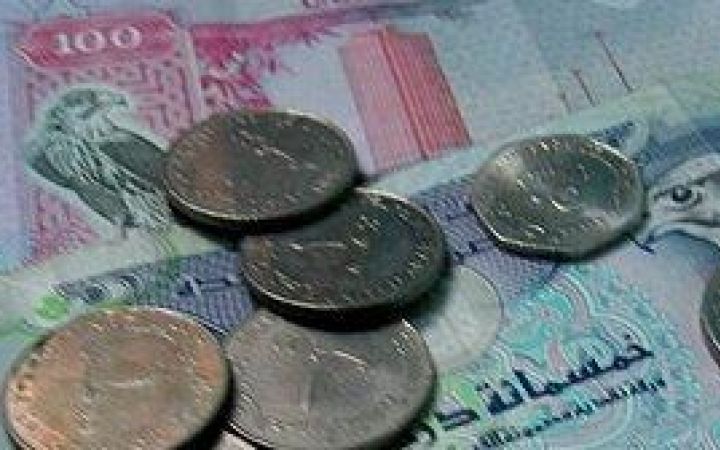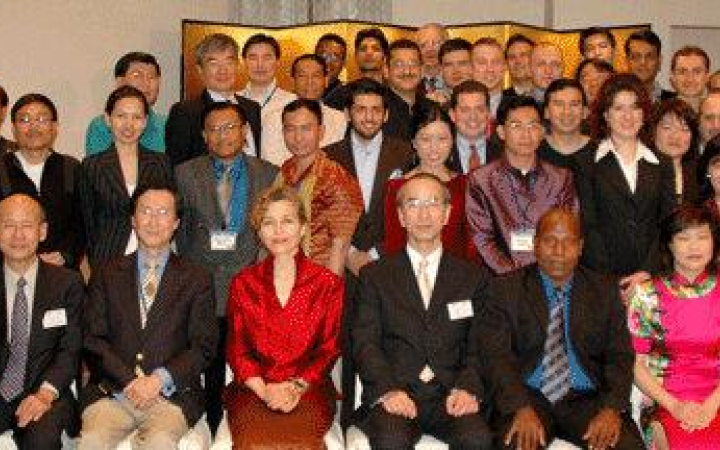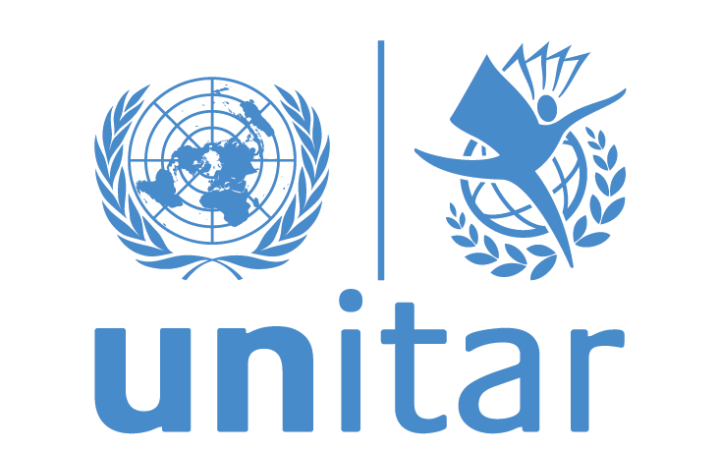As governments around the world respond to the health, social, and economic impact of COVID-19, digitalization and access to digital financial services have become ever more essential to daily life. However, not everyone can access the opportunities offered by digital financial services. There is thus an urgent need for training and education to help reduce digital inequalities and to facilitate financial inclusion.
The Division for Prosperity launched its Digital Finance Initiative in 2021 to bring together the private sector, regulatory organizations and development agencies to harness digital innovation and scale financial inclusion to support the Sustainable Development Goal (SDGs). The first annual virtual conference was held with UNITAR’s development partners to build knowledge and understanding of the implications and benefits of digital finance. New e-courses on FinTech, blockchain, artificial intelligence, and other digital technologies are being developed and offered to a global audience.
Leading FinTech innovators, regulators, experts, and practitioners from the financial sector engaged with UNITAR through the Digital Finance Initiative. Over 850 finance officials from around the world, of which 31% were women, participated in digital-finance training activities. Training participants rated the activities highly, with 91% saying that the activities were useful overall and they would recommend them to a colleague. New development partners have confirmed they will collaborate with UNITAR from 2022 and beyond to scale up the positive effects on digital financial inclusion.
Community of Practice for Finance Officials
The Community of Practice for Finance Officials project - in collaboration with the Organisation internationale de la Francophonie (OIF) – aims to ensure that the networking and sharing of good practices remains active, even after a training event has taken place.
Online Courses on Public Finance, Trade and Intellectual Property
For inquiries, please email pft-elearning@unitar.org | Secure online payment by credit card is available.
Our projects under Finance and Trade
Below are our projects in the areas of finance and trade.
Foreign Aid Training Programme
The UNITAR Hiroshima Office has developed a high-level Monitoring, Evaluation and Reporting of Foreign Aid Training Programme which aims to strengthen the capacity and enhance the effectiveness and professional skills of a core group of senior government officials. Through an overview of the monitoring and evaluation framework, with practical exercises on implementing, monitoring, conducting evaluations and developing action plans. In addition, this programme provides exposure to best practices in implementing foreign aid strategies, as well as uniquely incorporate an examination of both European and Asian donor nation portfolios, thereby highlighting challenges and opportunities presented by respective cultural and regional scenarios.
International Economics and Finance Training Programme
Bringing together experts and scholars from both the public and private sectors, including representatives from regional economic giants such as Japan, India and China, the UNITAR Hiroshima International Economics and Finance Training Programme explores a systematic analysis of specific government policies in the Asia-Pacific region in order to emphasise means by which countries undergoing post-conflict reconstruction can attract foreign capital to facilitate more effective economic policy.
Mustofi Public Financial Management Training Programme
The UNITAR Hiroshima Training Programme on Public Financial Management is designed to support provincial and central Chief Financial Directors to strengthen Public Financial Administration at the subnational level. It provides participants with a peer-to-peer exchange with national and prefectural government counterparts and to learn about best practices within Japan and in particular the Hiroshima Prefecture.
Build and Customize Your Training
Tailor your finance and trade-focused programme! We can develop and deliver training covering various areas such as:
- Arbitration and Alternative Dispute Resolution
- Capital Market Development and Regulation
- Central Banking and Monetary Policy
- Equity Markets
- Good Governance
- International Contracts and Loan Agreements
- International Intellectual Property Law
- Microfinance
- Multilateral Trade Negotiations
- Public Debt Management
- Public Financial Management
- Public Procurement
- Public Funds
- Risk Management
The Programme has established strategic partnerships with regional training institutions, intergovernmental organizations, and UN agencies in order to leverage respective strengths and to better respond to beneficiaries’ capacity development needs.







